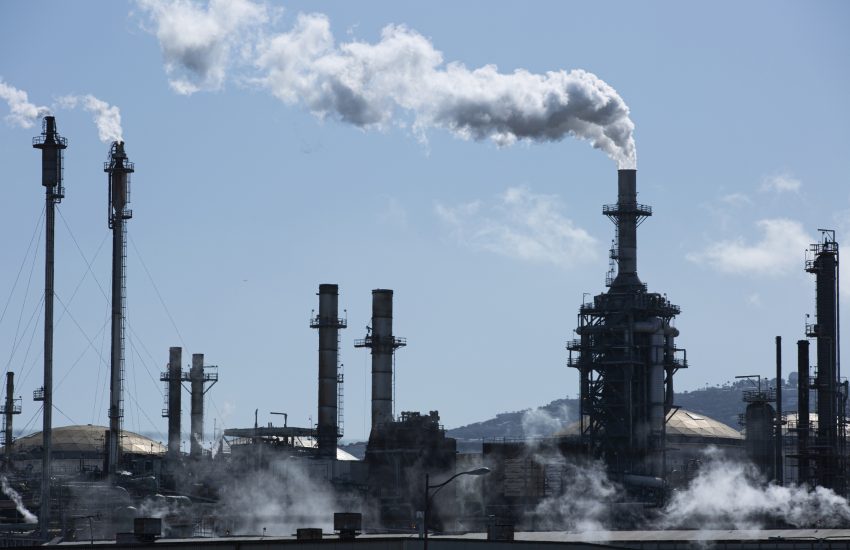On April 28, 2021, the U.S. Senate voted 52-42 to restore regulations on the oil and gas industry to address methane emissions. Specifically, the regulation will seek to limit methane gas leaks relating to drilling operations by establishing stricter monitoring requirements and requiring corrective actions when leaks are detected. While methane only represents 10 percent of the United States greenhouse gas emissions, it is more efficient at trapping radiation than other greenhouse gases. Due to this characteristic, methane is viewed as a key contributor to anthropogenic climate change.
Employing the Congressional Review Act, the Senate’s actions seek to rescind a short lived roll back of the same regulations, which went into effect in September 2020. This roll back, instituted by the EPA, sought to stimulate the economy by alleviating energy companies from what it deemed to be “burdensome and ineffective regulations.” The legislation re-introducing the monitoring requirements and requiring corrective actions will likely be presented to President Biden this summer, as the U.S. House of Representatives is set to vote on the matter at the end of June.
Remarkably, this back-and-forth at the federal level likely will not disrupt the oil and gas industry as key stakeholders already independently regulate their own methane emissions. In recent years many companies have instituted sustainability and climate initiatives to specifically address methane emissions. In some instances, these internal and independent initiatives are even more aggressive in their efforts to reduce methane emissions than their regulatory counterpart.
Nevertheless, this move at the federal level, along with various other actions by the Biden Administration, signals that there may be more policies seeking to address emissions standards on the horizon. It may behoove many stakeholders in the oil and gas industries to evaluate their existing sustainability and climate initiatives to stay one step ahead of the regulatory framework.

